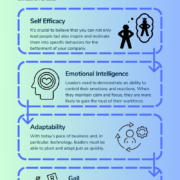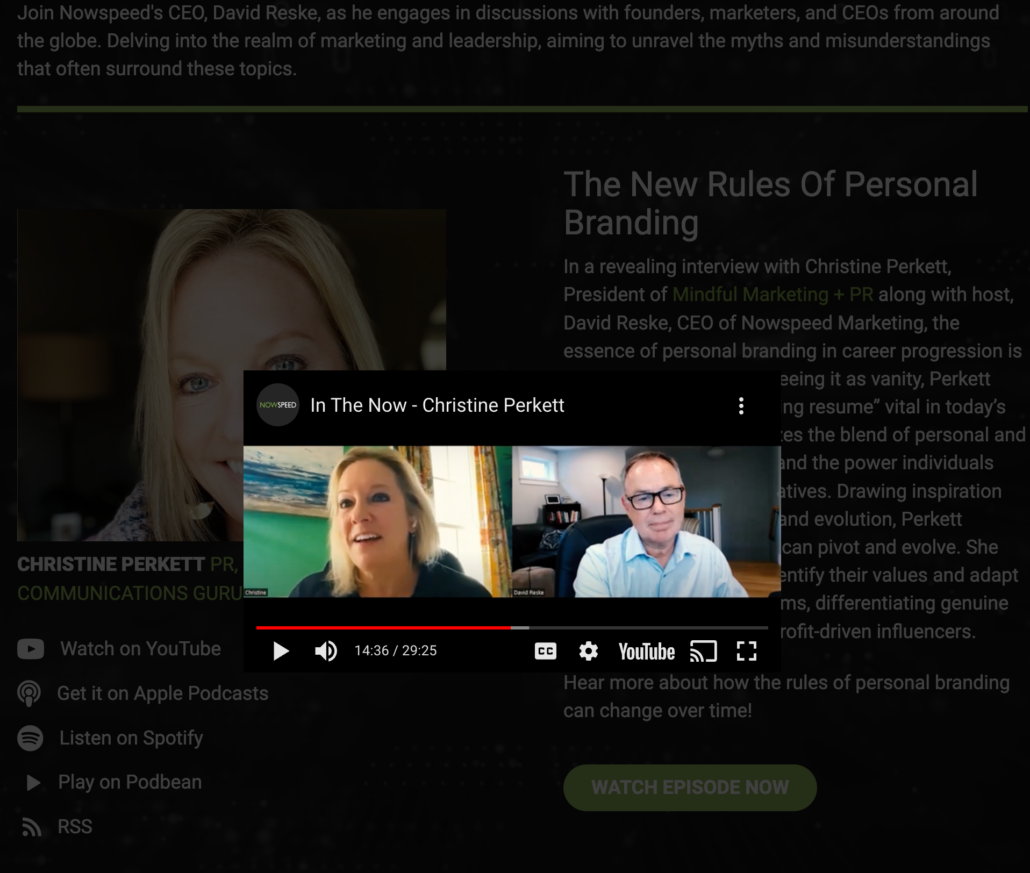PerkettPR is excited to introduce another interview series, “Effective Executives,” showcasing business leaders from top companies across the globe. Our goal is to continue to share insights, tips, tricks and suggestions from those who have seen it all. How do they work? What keeps them up at night? What tough lessons have they learned? We kick off this series with John Golden, CEO of Huthwaite.
Founded on scientifically validated behavioral research, Huthwaite’s methodologies—which include the internationally renowned SPIN® Selling — guarantee sales success. Huthwaite assesses your organization’s needs and develops customized sales performance improvement and coaching programs for sales and marketing professionals that drive real business results. For more information, please visit: www.huthwaite.com. Follow Huthwaite’s blog, Twitter stream and Facebook page.
John Golden is President and CEO of Huthwaite, the world’s leading sales performance improvement organization. Golden joined Huthwaite in 2008, where he is responsible for the company’s U.S. financial and operational performance and long-term strategy for success.
Prior to Huthwaite, Golden was the Senior Vice President of education & business development of the Mortgage Bankers Association. In this role, he was responsible for the restructuring and sustainable growth of the CampusMBA business unit. Golden created and executed new marketing strategies, established standards for operating and quality control, and implemented cost controls to maximize profit margins. Before that, Golden was Vice President of the educational services division of Learning Sciences International, a startup company providing professional development products for K-12 educators where he defined and executed the company’s go-to-market strategy. Golden also spent two and a half years at New Horizons CLC, the world’s largest independent IT training company. As Vice President of products and programs and a member of the senior executive team, Golden managed a $32 million business unit responsible for sourcing, building and providing products and services to franchise locations in more than 50 countries.
Golden started his career in the learning industry at SmartForce (formerly CBT Systems) in Dublin, before moving to the corporate HQ in Silicon Valley, California to launch the first fully integrated online learning platform.
How is leading a business in the U.S. different from leading a company based in Ireland?
In some ways this is hard to answer, as I have never led a company in Ireland. My leadership experience has all been in the U.S., however, I would say that while there are some obvious cultural differences, I don’t think they are so great as to change the fundamentals of good leadership – which I believe are pretty much global. In Ireland, given its size, relationships probably play a slightly greater role because the personal relationship has always been an integral part of how Irish people do business, whereas in the US, given the fact that many of those you lead or do business with are spread across the country (even the globe) – and you rarely see them face-to-face – the relationship element plays less of a role. In other words, I feel in the U.S. you can operate in a very pragmatic manner and be all about business – whereas in Ireland you may need to temper this a little with the relationship element.
What is the biggest pro of adopting sales software in an organization? Biggest con?
The biggest pro to adopting sales software is that you can provide sales people with real time tools to do their jobs better while allowing sales management to have greater visibility into opportunities and pipeline, which in turn allows them the opportunity to coach more proactively and in a more targeted fashion. It is through this lens that you need to evaluate software before deciding to deploy it with your sales organization. For example, ask yourself “Does it help organize the sales person’s approach to an opportunity; does it reinforce the right behaviors, tactics and approach and does it provide managers with insights to coach to?”
On the con side is the “shiny new toy” syndrome, where management may come across a great piece of software that will provide lots of data for management, but has no real benefit for the sales person – and thus the deployment just sucks up time, resources and money and because it doesn’t benefit the sales person. The data returned is junk.
What advice would you offer to executives looking to find the best software package and implement it successfully within their organization, in a timely manner?
In terms of choosing software, I would refer back to the questions I mentioned above – ask yourself “Does it help organize the sales person’s approach to an opportunity, does it reinforce the right behaviors, tactics and approach and does it provide managers with insights to coach to?” Using these simple questions as a first step in your evaluation process will save you a lot of time and qualify out applications that are not going to be successful.
Secondly is to take an iterative approach to implementation. Don’t try to roll out all the features of a software application at one time. Pick one or two that have the biggest benefits and are the easiest to learn and adopt. Then spend a period of months getting people to use and see the value of them and only then add some others. If you take an iterative approach, especially if sales is your audience, you save a lot of time and angst and ultimately have a more successful implementation.
You have a diverse background including business development, marketing as well as quality and cost control. Which area are you most passionate about and why?
Running a business is what I am most passionate about because it forces me to draw on all my experiences and it requires a level of dexterity in that you need to be able to switch between the high-level strategic and the down-in-weeds tactical almost at will. At the end of the day, a successful business that is generating good profit margins is a measure of how well all the constituent parts are working together, and how customers value what you do – and this is what gives me the greatest satisfaction.
Having worked for a startup (Learning Sciences International, ) in the past, how did that experience prepare you for your current role as CEO for Huthwaite?
It helped me in so many ways because I am not sure you can ever match the experience of sitting at a cheap plastic table in a tiny office with just a laptop and trying to figure out how to deliver on the bold vision of the founders of the company. It was the first time I had to involve myself in every aspect of a business, so it provided a great foundation for working at Huthwaite. It also taught me that sometimes you have to try a number of different strategies and be prepared to quickly switch when one is not working. I also learned how much a small bunch of smart, motivated people can achieve and this has helped me in subsequent roles. Never fall into the trap of over-investing in resources when proper focus and nimbleness are all that is needed. Learning
Sciences International has gone from strength to strength, thanks to the ongoing vision of their founders – and I am proud that I played a small part in that story.
Where is next for yourself and for Huthwaite in 2012?
2012 is going to be a big year for Huthwaite, as we are releasing some major thought leadership research around sales and marketing alignment and the changes in buyer behavior. I will be deeply involved with this and with rolling out to the market on how they can meet these new challenges.





